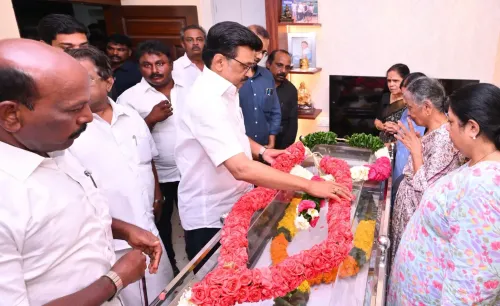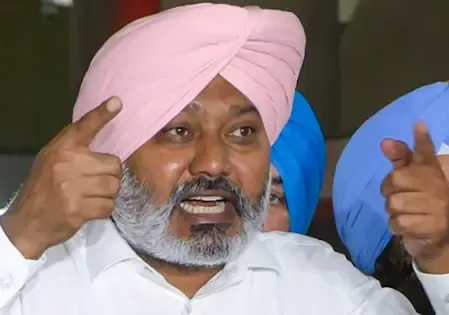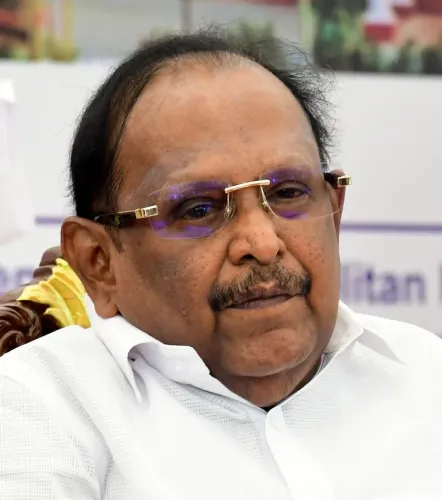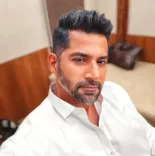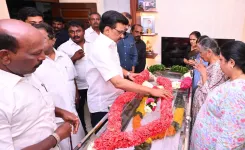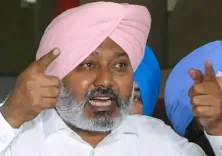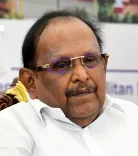What Steps is Delhi CM Rekha Gupta Taking to Formulate New Policies?
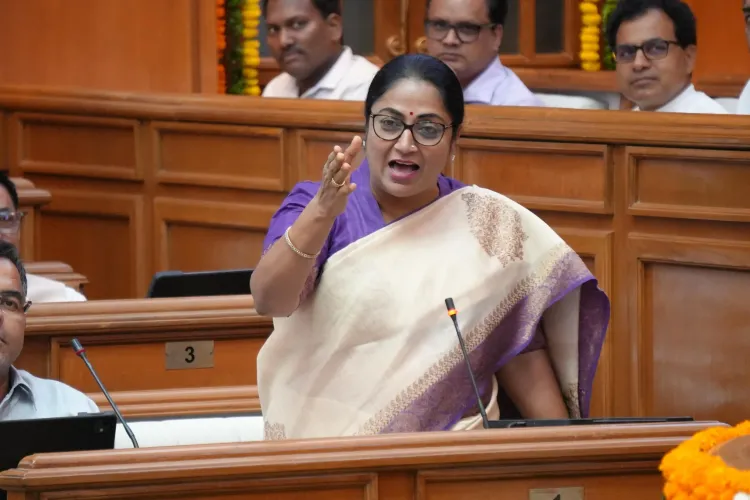
Synopsis
Key Takeaways
- Two high-level committees formed for excise and EV policies.
- Committees aimed at transparency and social responsibility.
- CM Gupta emphasizes public welfare in governance.
- Criticism of Opposition for neglecting national interests.
- Reflections on India's military achievements presented.
New Delhi, Aug 4 (NationPress) The Chief Minister of Delhi, Rekha Gupta, has established two prominent committees aimed at creating a transparent and socially responsible excise policy alongside a community-focused EV policy. The committee on excise policy will be led by Cabinet Minister Pravesh Sahib Singh, while the EV policy committee will be chaired by Cabinet Minister Ashish Sood.
“Our administration is committed to the welfare of the people in Delhi, consistently making choices that serve the public good,” stated CM Gupta.
During her speech at the Delhi Assembly, CM Gupta remarked that Operation Sindoor and Operation Mahadev represent more than mere military initiatives; they symbolize the dignity and respect owed to every Indian family.
She shared reflections on India's military successes, national security policies, and crucial historical decisions, labeling the outcomes of these operations as a source of national pride and honoring the valor and dedication of the Indian armed forces.
The Chief Minister further noted that under the decisive leadership of Prime Minister Narendra Modi, the dignity and self-respect of Indian women have been preserved.
She strongly criticized the Opposition for allegedly neglecting national interests and attempting to damage the country’s reputation.
As for Operation Sindoor, she highlighted that it was a response to the silent struggles faced by India's daughters and sisters.
By embracing the role of a courageous father, a caring brother, and a steadfast national leader, the Prime Minister has uplifted the dignity and empowered the essence of Indian women, she stated.
CM Gupta accused the Opposition parties of self-serving behavior that has distanced them from the nation's welfare.
“They show sympathy towards anti-national elements because they see their likeness in them. They are not motivated by India’s advancement — they prefer to see the nation hindered,” she asserted.
Recalling the discussions in Parliament regarding Operation Sindoor, she mentioned the numerous inquiries raised by the opposition.
“Those who lack trust in their own military and dismiss their Prime Minister choose to rely on foreign powers instead,” she remarked.
She emphasized that the Indian armed forces remain committed to defending the nation with the same bravery and dedication they exhibited in the 1965 and 1971 wars.
However, she expressed concern over the lack of political resolve shown by earlier administrations despite India’s historical military successes.
“Why did our governments relinquish conquered territories under pressure after the 1965 war? Why did we accept mediation from the United Nations and the United States? And in 1971, after capturing 93,000 Pakistani soldiers, why were they released without conditions?” she questioned.
The Chief Minister also referenced the Simla Agreement, the matter of Pakistan-occupied Kashmir (PoK), and the exodus of Kashmiri Pandits as significant historical points.
She criticized the inaction of the Opposition and questioned the “indecision” of previous leadership, noting that accountability has never been demanded for these issues.

